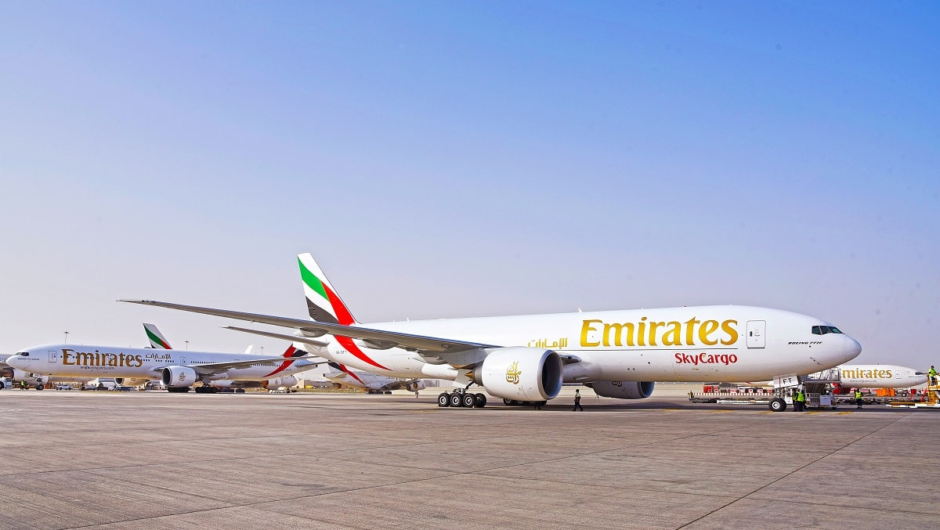
Israel and Saudi Arabia are taking significant strides toward potentially establishing amicable relations, marking a notable shift after years of tension, as confirmed by the White House. This development aligns with President Biden’s vision for transforming the Middle East landscape and potentially bolstering his re-election prospects. Biden’s objective includes securing Saudi Arabia, the guardian of Islam’s most sacred sites, to officially acknowledge Israel, a nation historically criticized for its treatment of Palestinians.
John Kirby, the spokesperson for the US’s National Security Council, acknowledged the existence of a preliminary framework for this burgeoning relationship. He emphasized that, as with any major agreement, compromises from all involved parties would be necessary.
The United States, leveraging its influence, has been encouraging Israel and Saudi Arabia, its two Middle Eastern allies, to formalize their relations. This initiative follows Israel’s previous agreements with the United Arab Emirates (UAE), Bahrain, and Morocco. Both Crown Prince Mohammed bin Salman of Saudi Arabia and Israeli Prime Minister Benjamin Netanyahu have hinted at an impending closer alliance.
However, Saudi Arabia seeks assurances regarding its security, potentially through a treaty with the United States, as a condition for endorsing ties with Israel. Simultaneously, the Palestinian perspective remains crucial, with their insistence on the consideration of their interests, highlighting the belief that lasting Middle East peace can only be achieved through a two-state solution.
Also, see:
Pakistani Government Takes a Stand Against Surrogate Betting Sponsors in PCB and PSL





